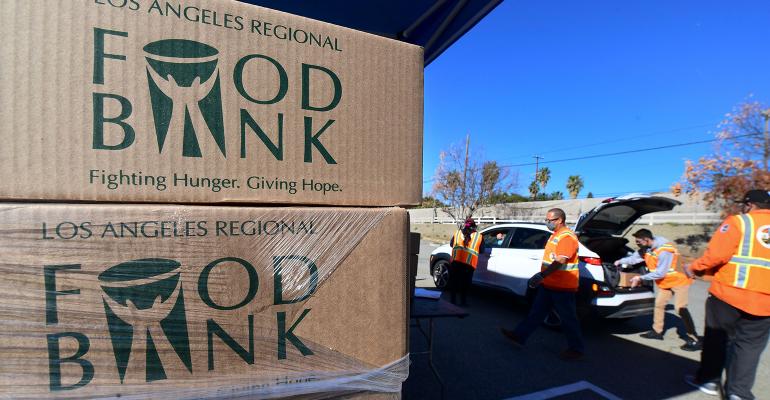The COVID-19 pandemic has had a crushing impact on the non-profit sector that employs about 14% of the U.S. workforce, nearly half of which works for non-profit hospitals and universities. The remaining half, working mostly for smaller and under- or un-endowed entities, has been severely impacted. In December 2020, the Johns Hopkins Center for Civil Society Studies conservatively estimated that 930,000 non-profit jobs would be lost by the end of the year. Nearly 37% of those jobs were in arts and entertainment organizations whose ticket sales revenue was decimated. Another 15% were in education nonprofits.
In a new study by Candid and the Center for Disaster Philanthropy, a prolonged recession resulting in a worst-case scenario could result in the closure of 38% of nonprofits, many of which lack the cash resources to sustain a long period of reduced income. This threat comes at a time when many of these organizations, especially those providing safety net and social services, are experiencing unprecedented demand for their experience, expertise and offerings.
Below are some steps you can take to help the nonprofits we depend on to make our communities safer, fairer, healthier and more resilient.
- Support the most impacted communities. A year into the pandemic, certain communities have been disproportionately affected. Not surprisingly, these communities are historically discriminated against and underserved, including Black, Indigenous and People of Color, women, seniors, undocumented workers, people with disabilities and immigrants. For example, philanthropic support for women’s and girls’ causes still represents a small share (just 1.6%) of total charitable giving in the United States, according to the Women's Philanthropy Institute.
- Give locally. Unlike place-based disasters, this pandemic is everyplace-based. The best place to start is in our own communities and states where we’re most familiar with the needs, nonprofits and people. Try to find smaller organizations that are often embedded in a community’s day-to-day activities with the potential to drive justice-driven change.
- Trust nonprofits to choose how to spend the funds. Multi-year donations to general, unrestricted operating funds can have the most impact. Trust your non-profit partners to direct donated funds to support where they’re needed most, including to capacity-building efforts such as increased salaries, improved technology and more. Also, relax grant reporting requirements so that nonprofits’ stretched resources are spent providing needed services.
- Remember arts and entertainment nonprofits. This group of organizations has been most severely impacted by the pandemic and is where the greatest closures can be expected. Special attention should be paid to smaller nonprofits in the most impacted communities (described in #1 above) that provide important avenues for cultural expression and weave a vital fabric of interconnectedness in our communities.
- Dig deep; increase your giving. Take stock of what you have and need, and, if you’re able to, stretch to give more to others. If you are involved with a private foundation, remember that the 5% payout requirement is the floor for donations, not the ceiling. Weigh the benefits and costs of giving more now against those of the “perpetuity” of your philanthropic fund. “The strength of a funder’s grantees at the end of this crisis will be a much better measure of the significance of a foundation than the size of its endowment,” according to many philanthropy leaders.
- Listen and act. “Commit to listening to our partners and especially to those communities least heard, lifting up their voices and experiences to inform public discourse and our own decision-making so we can act on their feedback.” This guidance is from the 800 grant makers that have signed A Call To Action: Philanthropy’s Commitment During COVID-19.
- Support advocacy. As appropriate, support nonprofits advocating for important public policy changes, not only in response to the pandemic but also working long-term locally, at the state level and nationally to change public policies and laws that directly impact the lives of people. Examples include working towards higher minimum wages; better SNAP and WIC benefits; expanded health care; fairer immigration policies; increased affordable housing and much more.
Bruce DeBoskey, J.D., is a philanthropic strategist working across the United States with The DeBoskey Group to help families, businesses, foundations and family offices design and implement thoughtful philanthropic strategies and actionable plans. He is a frequent keynote speaker at conferences and workshops on philanthropy. Visit deboskeygroup.com or @BDeBo





